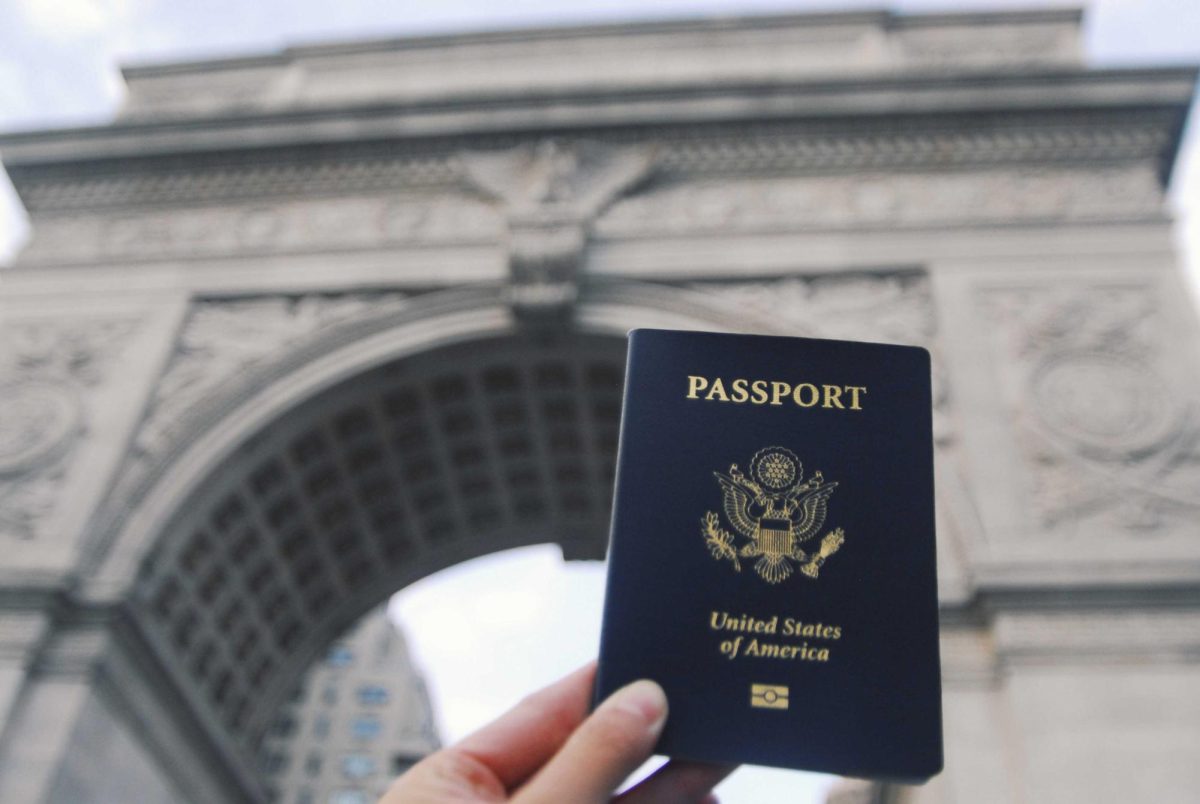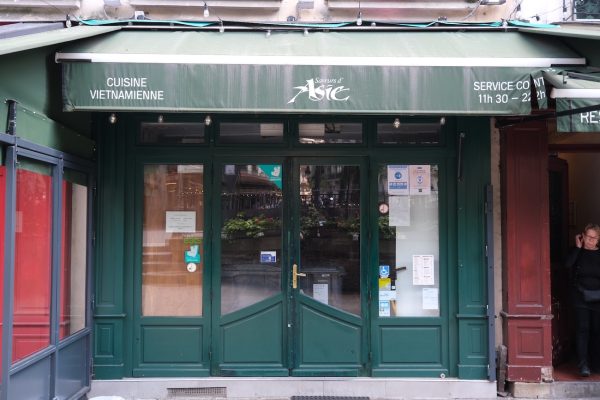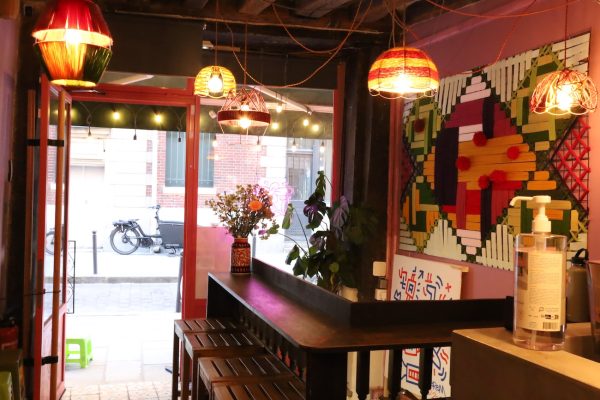## Your Hotel Room is Watching: Technology’s Double-Edged Sword in Hospitality
Remember the days of bustling lobbies, human concierges with encyclopedic knowledge of the city, and handwritten notes welcoming you to your room? The hospitality industry, once a haven of personalized service, is now grappling with a tech revolution. From self-check-in kiosks to AI-powered chatbots, technology promises efficiency and convenience. But at what cost?

Data-Driven Decision Making

Leveraging technology to gather insights and make informed decisions in hospitality management is crucial for success. With the vast amount of data available, hospitality businesses can use data analytics to identify trends, optimize operations, and improve customer experiences. For instance, by analyzing customer behavior and preferences, hotels can tailor their services and amenities to meet the needs of their target audience, increasing customer satisfaction and loyalty.
Data-driven decision making also enables hospitality businesses to optimize their resources and reduce costs. By analyzing energy consumption, water usage, and waste management, hotels can identify areas for improvement and implement sustainable practices to reduce their environmental impact. Additionally, hotels can use data analytics to optimize their inventory management, reducing food waste and minimizing stockouts.
Moreover, data-driven decision making allows hospitality businesses to better manage their staff and operations. By analyzing employee performance and customer feedback, hotels can identify areas for improvement and provide targeted training to their staff, ensuring that they are equipped to provide exceptional customer service. Additionally, data analytics can help hotels optimize their operations, streamlining processes and reducing downtime.

Benefits of Data-Driven Decision Making
- Improved customer satisfaction and loyalty
- Increased operational efficiency and reduced costs
- Enhanced employee performance and training
- Improved decision-making and reduced risk

The Challenges and Limitations of Technology in Hospitality
While technology has many benefits in the hospitality industry, there are also challenges and limitations to consider. One of the major challenges is the potential impact of automation on hospitality jobs. As automation replaces some tasks, there is a risk that employees may lose their jobs, leading to job displacement and skills gaps.
Another challenge is the risk of cyber attacks and data breaches. With the increasing reliance on technology, hotels are vulnerable to cyber attacks, which can compromise sensitive customer data and damage reputations. To mitigate this risk, hotels must implement robust cybersecurity measures, including regular software updates, firewalls, and encryption.
Furthermore, there is a need to strike a balance between technology and human interaction in hospitality. While technology can improve customer experiences, it is also important to maintain a personal touch. Hotels must ensure that their staff is equipped to provide exceptional customer service, while also leveraging technology to streamline processes and improve efficiency.

Job Displacement and Skills Gap
The increasing use of automation in hospitality may lead to job displacement and skills gaps. As machines and algorithms take over some tasks, employees may lose their jobs, leading to a shortage of skilled workers in the industry. To mitigate this risk, hotels must invest in upskilling and reskilling programs, enabling employees to adapt to changing technology and remain relevant in the industry.

Cybersecurity Risks
The increasing reliance on technology in hospitality also poses cybersecurity risks. Hotels must implement robust cybersecurity measures to protect sensitive customer data and prevent cyber attacks. This includes regular software updates, firewalls, and encryption, as well as employee training on cybersecurity best practices.

Balancing Technology with Human Touch
To maintain a personal touch in hospitality, hotels must strike a balance between technology and human interaction. This includes ensuring that staff is equipped to provide exceptional customer service, while also leveraging technology to streamline processes and improve efficiency. By doing so, hotels can create a seamless and personalized customer experience that meets the needs of their target audience.
The Future of Technology in Hospitality
The future of technology in hospitality is exciting and rapidly evolving. Emerging trends and innovations include the use of artificial intelligence (AI) and machine learning (ML) to improve customer experiences, as well as the adoption of virtual and augmented reality (VR/AR) to enhance customer engagement.
Collaboration and partnerships are also key to driving innovation and adoption of technology in hospitality. By partnering with technology companies and startups, hotels can access new technologies and expertise, enabling them to stay ahead of the curve and respond to changing customer needs.
Finally, hospitality businesses must prepare for the future by investing in technology and upskilling their staff. This includes implementing new technologies, such as AI and ML, as well as providing training and development programs to ensure that employees are equipped to work with these new technologies.
Emerging Trends and Innovations
- Artificial intelligence (AI) and machine learning (ML) for improved customer experiences
- Virtual and augmented reality (VR/AR) for enhanced customer engagement
- Internet of Things (IoT) for improved operational efficiency
- Blockchain for secure data storage and transfer
- Partnerships with technology companies and startups
- Collaboration with other hotels and hospitality businesses
- Joint innovation and development projects
- Investing in technology and upskilling staff
- Implementing new technologies, such as AI and ML
- Providing training and development programs for employees
Collaboration and Partnerships
Preparing for the Future
Conclusion
The debate over technology’s role in hospitality is far from settled. While automation promises efficiency and cost-savings, the potential for dehumanization and the erosion of authentic guest experiences raises valid concerns. Our exploration reveals a complex landscape where technology can enhance, but not replace, the human touch. From streamlining operations to personalized recommendations, tech tools can empower hospitality professionals to deliver exceptional service, but they must be implemented thoughtfully.

